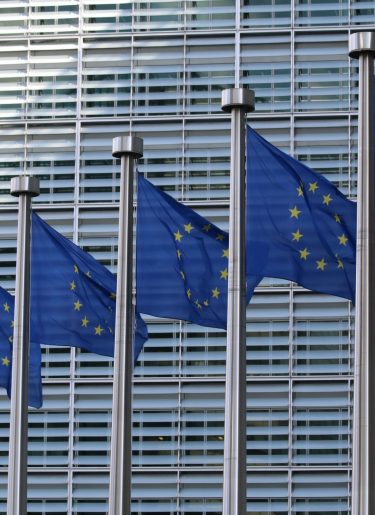
Luxembourg has introduced a Bill (Bill no. 7945) to implement the EU Whistleblower Directive (Directive (EU) 2019/1937). It was submitted to the Luxembourg Chamber of Deputies on 10 January 2022. The deadline for transposing the directive into national law was 17 December 2021.
The directive is designed to mitigate current disparities between different national legislation protecting whistleblowers within the European Union by introducing minimum guarantees and rules.
The main new provisions introduced by the Bill are explained below.
In the Bill, Luxembourg’s government has decided to extend the material scope of application of the directive to all national law. The government wants to ensure a comprehensive and consistent framework to protect whistleblowers. Breaches of national law can in fact seriously harm the public interest.
The current legislation only covers the reporting of offences related to corruption, influence peddling and illegal conflicts of interest.
Employees and civil servants, as well as shareholders, anyone whose employment relationship has come to an end or not yet started, subcontractors etc will all be covered. The current legislation only protects employees and civil servants.
The Bill proposes the introduction of safeguards covering these different categories of individuals. This means that all forms of retaliation, including threats and attempts to retaliate, are prohibited. In particular, the suspension of an employment contract, lay-off, dismissal, non-renewal or early termination of a fixed-term employment contract or equivalent measures are prohibited.
Companies with more than 50 employees will have to set up internal reporting channels allowing whistleblowers to inform their employer in confidence about significant breaches. If this obligation is not fulfilled, the competent authorities may impose an administrative fine on the company of between EUR 1,500 and EUR 250,000.
Whistleblowers will be able to report unlawful conduct either internally to the legal entity concerned or directly to the relevant national authorities. Access to internal and external reporting channels will thus offer whistleblowers more appropriate ways of reporting, so that public disclosure should only be considered as a last resort when it is clearly impossible to do anything else.
‘All public sector legal entities, including any entity owned or controlled by such entities’ are also subject to the obligation to establish internal channels.
The bill stipulates the introduction of a body to provide information and support for whistleblowers. This body will also be responsible for raising public awareness about whistleblowers’ rights.
This body’s powers do not encroach on the jurisdiction of the competent sectoral authorities such as the Ordre des avocats (Luxembourg’s Bar Association) or the Commission de surveillance du secteur financier (the supervisory committee for the financial sector), which are responsible for dealing with whistleblowing reports within the framework of their missions and jurisdictions.
For more information about investigations



